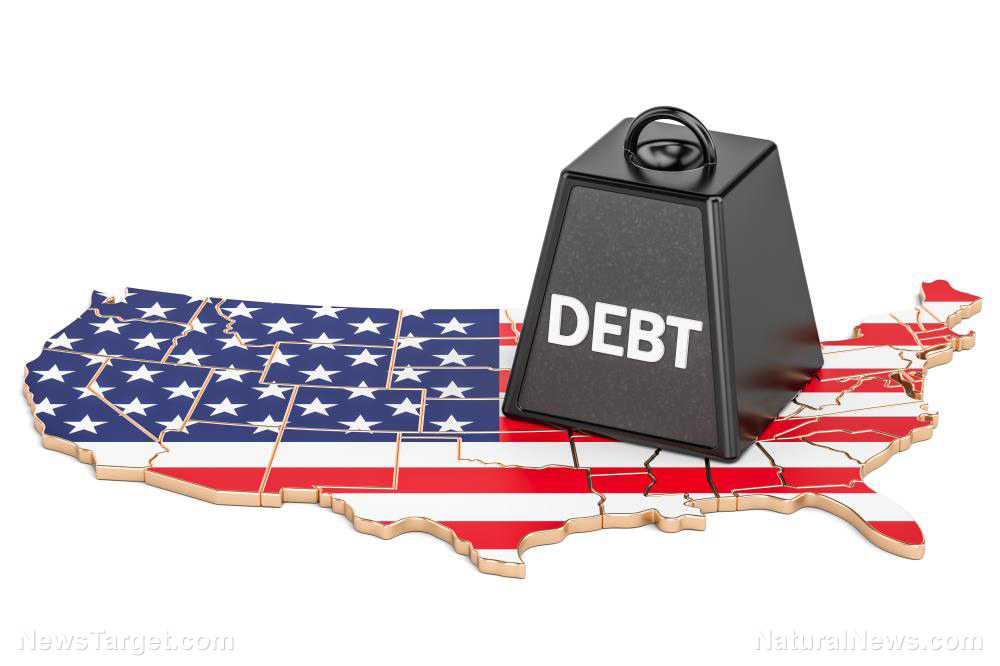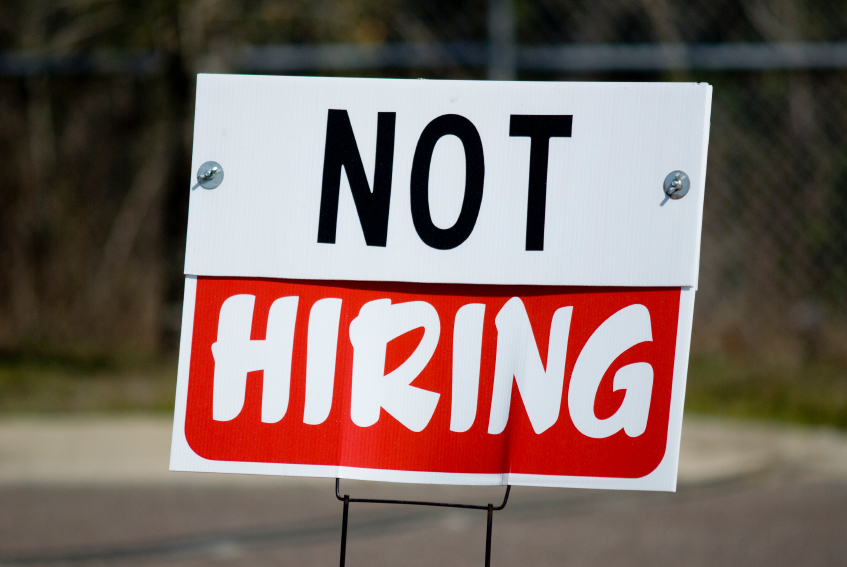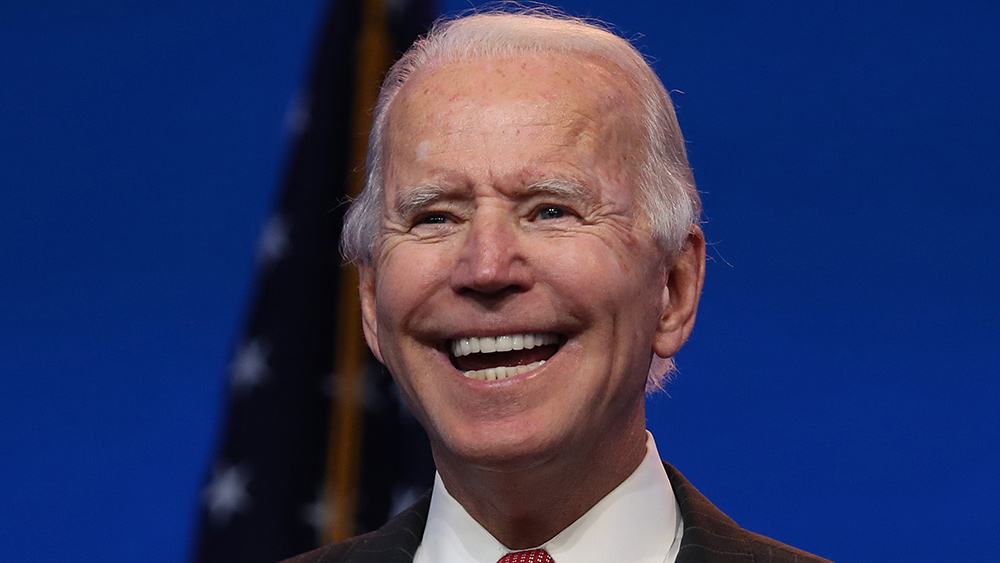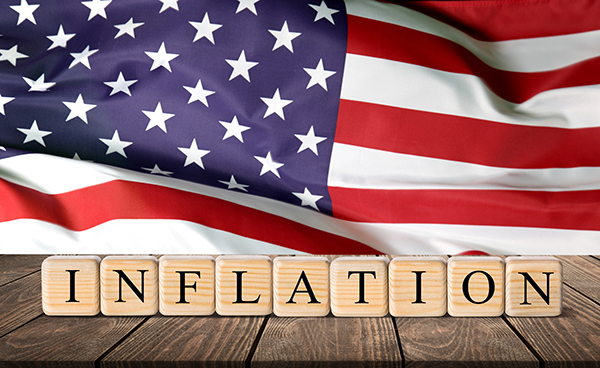At least 75,000 Brits to stop paying utility bills in response to unfettered inflation
08/11/2022 / By Ethan Huff

An activist group called Don’t Pay UK says that more than 75,000 Brits have pledged to “strike” on October 1 by no longer paying their utility bills.
Skyrocketing inflation and other factors are rapidly making energy a commodity only for the wealthy in the United Kingdom, prompting the makings of a social revolution.
“75,000 people have pledged to strike on October 1st!” Don’t Pay UK tweeted on August 5. “If the government & energy companies refuse to act then ordinary people will! Together we can enforce a fair price and affordable energy for all.”
The goal is to convince at least one million Brits to join the fight before October 1 arrives. Reaching this number, say activists, will really help to get the attention of British politicians.
This revolutionary move comes as the cost of living in the UK reaches epic highs. Right now on the misery index, Brits are worse off than they have been in decades, with official inflation numbers expected to reach 13 percent.
Bank of England (BoE) Gov. Andrew Bailey continues to hike interest rates at a rate higher than in the past 27 years, but to no avail. It seems as though the Ponzi scheme known as private central banking can no longer tread enough water to keep the global economy from sinking.
The reason why Don’t Pay UK decided on an October 1 strike is because that is the day that the average British household is expected to pay about £300 for power. This translates to about $362 in American money.
“Couple surging power costs with negative real wage growth, and it becomes apparent households are being squeezed,” reports Zero Hedge. “This excludes soaring prices for shelter, food, and petrol at the pump – this trend is unsustainable and could result in social instabilities.”
Should the entire world strike against unbridled inflation and the corruption that’s causing it?
Back in the late 1980s and early 1990s, Brits commenced a similar type of strike against then-Prime Minister Margaret Thatcher and a poll tax that she introduced. At the time, some 17 million Brits refused to pay the illegitimate tax.
“I think I can categorise it more accurately now, the big movement that I am seeing is an increase of growth in people calling for a non-payment of energy bills, mass non-payment,” says UK financial journalist and broadcaster Martin Lewis, as quoted by Glasgow Live.
“Effectively a consumer strike on energy bills and getting rid of the legitimacy of paying that.”
“We are getting close to a Poll Tax moment on energy bills coming into October and we need the Government to get a handle on that, because once it starts becoming socially acceptable not to pay energy bills people will stop paying energy bills and you’re not going to cut everyone off,” he added.
Ofgem CEO Jonathan Brearly – Ofgem is the UK’s energy regulator – is worried about the strike. He told BBC Radio 4‘s “Today on Saturday” that Brits should avoid participating because it will only “drive up costs for everyone across the board” as well as “damage things further” and “impact [people] personally.”
“This is highly irresponsible messaging, which ultimately will only push up prices for everyone else and affect personal credit ratings,” added a spokesperson from the British government, calling the strike “highly irresponsible.”
If Don’t Pay UK’s estimates are correct, some 6.3 million UK households will be driven to poverty this winter once the utility price hikes arrive. In that case, a revolution is inevitable, regardless of what the government wants.
“If you want to protest, stop paying tax to these career politicians,” wrote a commenter as a general suggestion.
As the world implodes, you can read all about it at Collapse.news.
Sources for this article include:
Submit a correction >>
Tagged Under:
big government, bills, Bubble, chaos, Collapse, debt collapse, energy, energy prices, fuel shortage, Inflation, money supply, power, protest, revolt, revolution, risk, Taxes, United Kingdom, uprising, utility bills
This article may contain statements that reflect the opinion of the author
RECENT NEWS & ARTICLES
COPYRIGHT © 2017 PENSIONS.NEWS
All content posted on this site is protected under Free Speech. Pensions.news is not responsible for content written by contributing authors. The information on this site is provided for educational and entertainment purposes only. It is not intended as a substitute for professional advice of any kind. Pensions.news assumes no responsibility for the use or misuse of this material. All trademarks, registered trademarks and service marks mentioned on this site are the property of their respective owners.



















